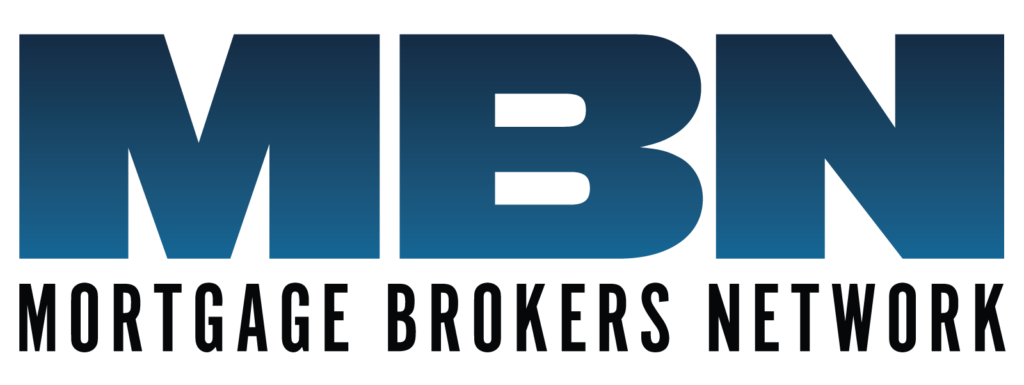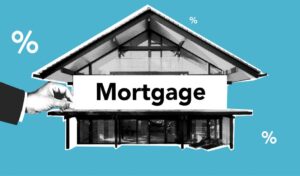Consolidating your debt can make sense no matter how much you owe. The average Canadian’s consumer debt was $72,950 in 2019. That has increased beyond the previous years. This doesn’t include mortgage, student loans or car loans.
Clearly, debt is a serious concern for millions of people in Canada. Is the answer to consolidate debt? Read on to find out more about how to consolidate debt, refinance your mortgage and more.
What is Debt Consolidation?
Consolidating debt is how many people can effectively restructure their finances and free up money monthly.
Banks and credit unions are limited in the amount they can approve you for. A home equity loan is simply based on the equity in your home and easier to get approved for.
For example, let’s say you own money on multiple credit cards, a line of credit and a payday loan.
A debt consolidation loan would allow you to pay off all those loans in full. Then you would just have one loan, one monthly payment and one interest rate.
This is a great way to avoid having multiple payments with varying due dates to keep track of.
Often, home equity loans are used to pay off unsecured, high-interest debts such as credit cards and payday loans. Often these unsecured loans have high-interest rates. It makes sense to consolidate to get one lower rate.
What it means to refinance your mortgage
Many people confuse debt consolidation with mortgage refinancing. Here is some helpful information about both.
When you refinance your mortgage, you are renegotiating your current mortgage loan agreement with your lender.
Homeowners normally refinance their mortgage to get access to the equity in their homes. By taking advantage of current products and interest rates you stand to benefit.
Refinancing can result in you getting a lump of cash from the equity of your home. You can use those funds to pay off other loans such as credit card debt. Or use those funds to pay for home renovations or post-secondary education for your kids.
Hence, why a refinance and debt consolidation loan are often confusing. However, a mortgage refinance does not necessarily mean that you will pay off other debts. A consolidation loan does.
Bad Credit Mortgage Refinance
A bad credit mortgage refinance is a special type of refinance option for people who have a poor credit score.
This type of financing may require you to switch lenders or to have a co-signer who has good credit.
Now that you understand the difference between a mortgage refinance and debt consolidation, let’s look at the pros and cons of debt consolidation.
Pros of Debt Consolidation
There are plenty of pros and cons to consolidating your debt. Understanding them will help you figure out if this is a good option for your financial situation.
Lower Interest Rate
We mentioned this earlier but it’s worth mentioning it again. Getting rid of debts can have a positive impact on your mental well-being and your wallet.
Credit card and payday loans have notoriously high interest rates. Payday loan costs may be equivalent to an interest rate of 500-600%.
A consolidation loan might be half as much as a credit card interest rate.
The less interest you have to pay, the better your chances are of becoming more financially secure.
Simplified Repayments
One of the biggest pros of consolidating your debt is that it will make repaying your debt much simpler.
You will only have one due date and one minimum payment to keep track of each month. By going down to one payment, you will ease your stress load and focus specifically on one task.
Consolidating Debt Makes Sense – Debt Free Faster
Another perk of consolidation is that you can pay off your debt sooner. This is because you will be paying a lower interest rate. This means that more of your money goes towards the loan amount and less toward incurring interest.
Safeguard Your Credit Scores
Protecting your credit is important because it’s what you use to apply for loans, mortgages and home equity lines of credit.
When you pay off all your outstanding debts, all your creditors will be satisfied. Your credit score will not be impacted by late payments or by having debt that is close to the maximum loan limit.
Many times, by making your loan payments on-time your credit score will improve.
However; it’s important to consider more than just the pros that come with paying off debt. You need to look at the disadvantages as well.
Cons of Debt Consolidation
There are some downsides or possible risks to consolidating your loans that you need to be aware of.
Risk of More Debt
One of the biggest risks, when you consolidate your debts, is that you keep up your poor financial habits.
If you don’t stick to a monthly budget and continue to spend too much, you risk going into more and more debt.
Consequently, consolidating your debts only reduces your interest payment and the amount of time it will take to pay off the debts you owe.
So even though those credit cards have a zero balance, you still owe the same amount as before.
Continued excess spending means you risk going into such deep debt that you will not ever be able to repay it.
Assets and Co-Signers at Risk
Sometimes you will need to provide collateral or have a co-signer to get the loan consolidation plan underway.
This means that those assets or that co-signer are in jeopardy. If you don’t make the payments on time or do not meet the terms of the loan, you could end up losing your assets. If you have a co-signer, they will be responsible for paying the money borrowed if you are in default.
Besides, why does it make sense to consolidate debt? The answer really depends on what your needs are.
When it Makes Sense to Consolidate Debt
Take a look at the rate of interest you are being charged on all your debts. After that, it is important to get a loan that has a better monthly payment and a lower rate of interest.
Next, you want to find out if the debt consolidation loan you would be getting is large enough to pay off in full all your unsecured, high-interest debts. The point is to only have one loan at the end of this process. It might not make sense to do this process if the new loan will not cover all your debts.
It’s important to be disciplined once you have paid off all your outstanding debts. Avoid spending on these credit cards that you’ve recently paid off to keep up with your financial health. Thus, being mindful of the amount your spending on a monthly basis is very important.
Get Expert Advice On Your Refinance Options
On the whole, we hope you have received the education you need to get your debt under control.
In summary, when you’re dealing with your finances, don’t take chances. Get professional, trustworthy advice from the experts. Book a free consultation or give us a call today at 1-877-383-1577.







